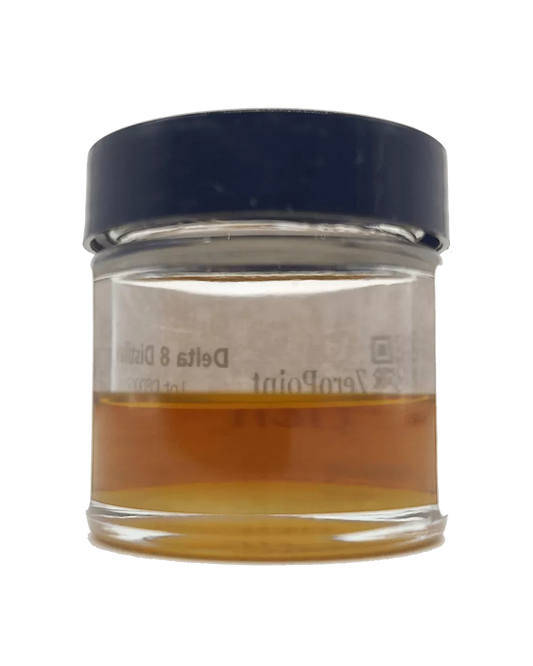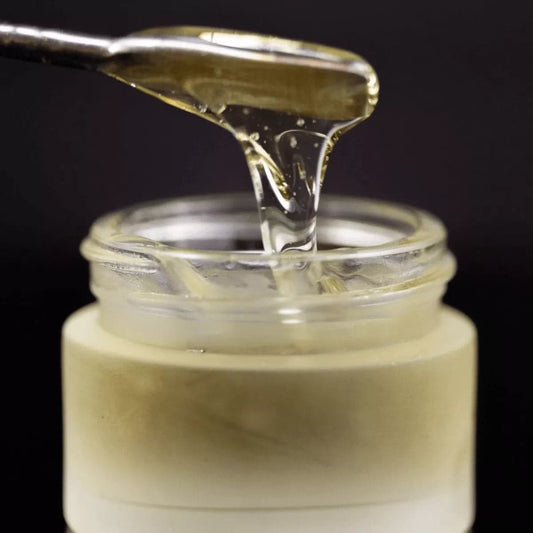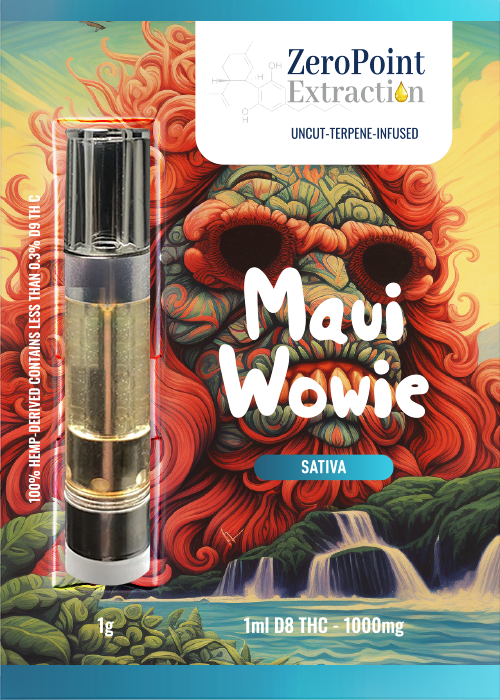Is Delta 8 THC Legal in Delaware?
NO - Delta 8 THC is Not Legal in Delaware
Delta 8 THC is not legal in Delaware. Despite the federal legality of Delta 8 THC under certain conditions, Delaware has specifically banned the production, sale, possession, and use of Delta 8 THC products within the state. This stance is due to the state's laws, which do not make exemptions for tetrahydrocannabinols derived from hemp, including Delta 8 THC, in its Controlled Substances Act. Consequently, Delta 8 THC is considered a prohibited substance in Delaware.
Legal Status of Delta 8 THC in Delaware
To provide a more detailed explanation regarding the legal status of Delta 8 THC in Delaware, it's important to look into the specific laws and regulations that have led to its prohibition:
Controlled Substances Act in Delaware: Delaware's Controlled Substances Act closely mirrors federal law but with specific inclusions that broaden the scope of controlled substances. In this Act, tetrahydrocannabinols (THCs) are classified as Schedule I controlled substances. This classification typically includes substances that are deemed to have a high potential for abuse, no currently accepted medical use in treatment in the United States, and a lack of accepted safety for use under medical supervision.
Delaware's Hemp Legislation: Although the 2018 Farm Bill federally legalized hemp-derived products containing less than 0.3% Delta 9 THC on a dry weight basis, Delaware's approach to hemp-derived cannabinoids, such as Delta 8 THC, is more restrictive. The state's legislation does not explicitly differentiate between the psychoactive components of cannabis, resulting in the inclusion of Delta 8 THC under the broader category of controlled substances, irrespective of its source.
Specific Bans on Delta 8 THC: Unlike some states that have specifically legalized Delta 8 THC or have remained silent on its status, leading to a grey area, Delaware has explicitly classified Delta 8 THC as a controlled substance. This classification makes it illegal to sell, possess, use, or distribute Delta 8 THC products within the state.
Lack of Legal Exemptions for Hemp-derived THC: In some jurisdictions, laws have been updated or interpreted to allow for the legal sale and use of hemp-derived THC compounds, including Delta 8 THC, provided they are produced in compliance with the Farm Bill. However, Delaware's Controlled Substances Act does not make such exemptions, leading to a more comprehensive ban on THC compounds, regardless of their source or the percentage of THC they contain.
Enforcement and Regulatory Oversight: The enforcement of these regulations falls under the jurisdiction of Delaware's health and safety authorities, as well as law enforcement agencies. The state has taken steps to ensure that retailers, manufacturers, and consumers are aware of the legal status of Delta 8 THC, emphasizing its commitment to enforcing these regulations.
2019 DELAWARE HEMP RESEARCH PILOT PROGRAM
Hemp is the plant Cannabis sativa L. and any part of that plant, including the seeds thereof and all derivatives, extracts, cannabinoids, isomers, acids, salts, and salts of isomers, whether growing or not, with the federally defined delta-9 THC concentration of not more than 0.3 percent on a dry weight basis, or the THC concentration for hemp defined in 7 U.S.C. sec 5940, whichever is greater.
Title 7 – AGRICULTURE. CHAPTER 88 – RESEARCH. SUBCHAPTER VII – MISCELLANEOUS RESEARCH PROVISIONSSec. 5940 – Legitimacy of industrial hemp research (b) Definitions
(2) “Industrial hemp” The term ‘‘industrial hemp’’ means the plant Cannabis sativa L. and any part of such plant, whether growing or not, with a delta-9 tetrahydrocannabinol concentration of not more than 0.3 percent on a dry weight basis.
TITLE 16. CHAPTER 47. UNIFORM CONTROLLED SUBSTANCES ACT
§ 4701 Definitions [January 1, 2020].
(28) “Marijuana” means all parts of the plant Cannabis sativa L., whether growing or not, the seeds thereof, the resin extracted from any part of the plant, and every compound, manufacture, salt, derivative, mixture or preparation of the plant, its seeds or resin. It does not include the mature stalks of the plant, fiber produced from the stalks, oil or cake made from the seeds of the plant, or any other compound, manufacture, salt, derivative, mixture or preparation of the mature stalks (except the resin extracted therefrom), fiber, oil or cake, or the sterilized seed of the plant which is incapable of germination. Marijuana does not include products approved by the US Food and Drug Administration.
§ 4714 Schedule I.
(d) Any material, compound, mixture or preparation which contains any quantity of the following hallucinogenic substances, their salts, isomers and salts of isomers, unless specifically excepted, whenever the existence of these salts, isomers, and salts of isomers is possible within the specific chemical designation:
(19) Any material, compound, combination, mixture, synthetic substitute or preparation which contains any quantity of marijuana or any tetrahydrocannabinols, their salts, isomers or salts of isomers and is not approved for use by the US Food and Drug Administration;
By not making exceptions for hemp-derived compounds like Delta 8 THC, Delaware maintains a stance that aligns more closely with its controlled substances regulations than with the more permissive aspects of federal hemp legislation. This position reflects a cautious approach to cannabinoid regulation, prioritizing public health and safety concerns over the expansion of the hemp industry within the state.
The information provided on this website does not, and is not intended to, constitute legal advice or any statements regarding the status of any laws. The information, content, and materials present on this site are for general informational purposes only and should not be relied upon for any specific purpose. Laws vary across different states and are subject to change. Therefore, information on this website might not reflect the most recent legal or other developments. Read our full legal disclaimer HERE.




